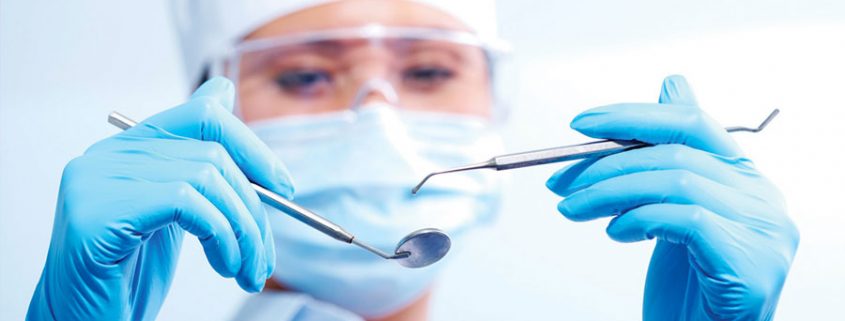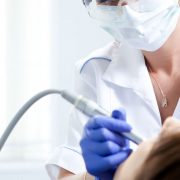How to Recover Smoothly After Oral Surgery
You’ve just gone under the knife and probably just regained all your senses. Don’t panic, just let your body work itself out. You may feel pain, it’s normal. Below are some common questions people have after oral surgery.
How do I keep my mouth clean after surgery?
Do not rinse your mouth or brush your teeth for the first 8 hours after surgery. After that, rinse gently with warm salt water (1/2 teaspoon of salt in 8oz of warm water) every 4 hours. Brush your teeth gently, but avoid the area of surgery.
How long does the swelling last and what can I do to ease the pain?
Swelling after surgery is a normal body reaction. So don’t panic! It reaches its maximum about 48 hours after surgery and usually lasts roughly 4 to 6 days. Applying ice packs over the area of surgery for the first 12 hours helps control swelling and may help the area to be more comfortable.
How much bleeding after oral surgery is normal?
Some blood will ooze from the area of surgery and is completely normal. You may find a blood stain on your pillow in the morning, so it is advisable to use an old pillowcase the first night.
Do not spit or suck thick fluids through a straw, because this promotes bleeding. If bleeding begins again, place a small gauze pack directly over the tooth socket and bite firmly for 60 minutes. If you don’t have any, an unused tea bag is an excellent alternative. Keep your head elevated with several pillows or sit in a lounge chair.
Should I be worried about the bruising?
Mild bruising in the area of your surgery is a normal response in some people and should not be a cause for alarm. It will disappear in seven to 14 days.
What kinds of post-off problems should I call the office after my oral surgery?
- You experience excessive discomfort that you cannot control with your pain pills.
- You have bleeding that you cannot control by biting on gauze.
- You have increased swelling after the third day following your surgery.
- You feel that you have a fever.
- You have any questions.
When in doubt, just give our friendly New Westminster Dentist a call. We’ll be happy to ease your mind!
My jaw is stiff after the oral surgery, is it normal?
After surgery you may experience jaw muscle stiffness and limited opening of your mouth, This is normal and will improve in five to ten days.
Can I smoke after oral surgery?
Recent studies have indicated that tobacco smoke delays soft tissue healing! The toxic constituents of cigarette smoke—particularly nicotine, carbon monoxide and hydrogen cyanide—suggest potential mechanisms that may undermine timely healing;
- Smoking causes blood vessels to tighten up. This decreases blood flow to the healing area. With less blood, its harder for damaged tissues to get the nutrients and oxygen they need to heal properly.
- Smoking decreases the level of oxygen in the blood. Healing tissues need plenty of oxygen, but they don’t get if you’re a smoker.
- Smoking decreases the formation of collagen. Collagen is the main protein in connective tissue that is needed for a wound to heal properly.
- Smoking increases scar tissue formation. By limiting the migration of fibroblasts – the most common type of cell found in connective tissue – to the wounded area. This leads to an accumulation of these cells at the edge of the wound.
- Smoking increases the level of hydrogen cyanide in the bloodstream. This makes it harder for chemicals in the body to transport oxygen from cell to cell – an action that is necessary for healing.
If you have further questions that we didn’t address in this article, please call Sapperton Dental in New Westminster and we’ll be happy to address your question.






Leave a Reply
Want to join the discussion?Feel free to contribute!